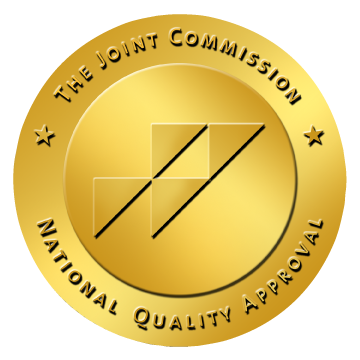Among those who have never experienced depression or a depressive episode, the prevailing thought is that it must be similar to being sad. But the differences between being sad or down and being depressed are quite stark. While no one likes to feel blue, depression can make seemingly simple acts of daily living difficult, with the condition affecting relationships, careers, and even self-care. It essentially robs the person of joy, focus, optimism, energy, and self-esteem.
Enduring this kind of experience can also be frustrating, especially when it feels like these depressive episodes come and go, a pattern best described as recurrent depressive disorder or recurring depression.
While there are many different types of depressive orders, recurrent depressive disorder is marked by having multiple episodes of depression with periods between episodes where no symptoms are present. Though this pattern may appear similar to bipolar depression, the World Health Organization’s International Classification of Diseases (11th edition; ICD-11) differentiates between the two conditions. With recurrent depressive disorder, ICD-11 states there is no period of increased energy or instances of mania — there are simply no symptoms of depression.
It's also important to mention that recurring depression is common in those who have suffered from a depressive episode. Studies show that someone who has already experienced at least one episode is 50% more likely to have a recurrence. Further, someone with this condition who has had two episodes is 80% more likely to have a third. Regarding timing, recurrent episodes usually begin within five years of the first experience, with the average recurrent depressive disorder patient having between five and nine separate episodes in their lifetime.
Mental health professionals call the episodes where symptoms return a "depression relapse." Not unlike a relapse for a drug or alcohol abuser, these episodes are often caused by outside influences, much to the dismay of the person.
Stressful life events, including relationship changes, conflict within familial or social circles, and job performance woes, are some of the most significant triggers that can trigger depression relapse. Research shows that someone who has not completed treatment for their episodic symptoms is significantly more likely to experience future episodes. Additionally, some medical conditions increase the chances of a relapse, as does stopping treatment prematurely.
There’s also a connection between the severity of symptoms and the likelihood of having recurring depression. Because the brain acts as a muscle, the more severe the episode, the harder it is for the brain to recover. Lastly, a family history of mental illness conditions, especially depression, is a known factor.
As with other forms of depression, the best way to address and treat recurrent depressive disorder is through a combination of psychotherapy and medication. For best results, the type of medication, dosage, and frequency, along with the frequency of psychotherapy sessions, will be dictated by a mental health professional based on the type and severity of symptoms.
While talk therapy and medication are the most effective means of handling recurring depression, research finds exercise may act as a natural antidepressant. Regular exercise can release endorphins to improve our moods and free our minds of worries and stressors that can cause depressive episodes.
In discussing the topic, Dr. Michael Craig Miller, assistant professor of psychiatry at Harvard Medical School, said: “In people who are depressed, neuroscientists have noticed that the hippocampus in the brain—the region that helps regulate mood—is smaller. Exercise supports nerve cell growth in the hippocampus, improving nerve cell connections, which helps relieve depression.”
Though it may not feel like it for someone in the throes of an episode, the odds of overcoming depression and regaining a life worth living are in the person's favor. Up to 70% of people who seek treatment find that their symptoms improve substantially and, with the help of additional psychosocial interventions, may achieve complete remission.
We understand how hard it is to battle depression, especially when it continues to return and impact daily living. That’s why we create customized plans of care for patients suffering from conditions like recurrent depressive disorder, focusing on lifestyle changes, counseling, and medications that are proven effective. Most importantly, we help patients cope with the underlying issues that may be causing recurring depression, ensuring they have the coping skills necessary to manage future episodes.
If you or a loved one are suffering from recurrent depressive disorder, we want to hear from you. Contact us today to learn more about our treatment plans and what we can do to help.
